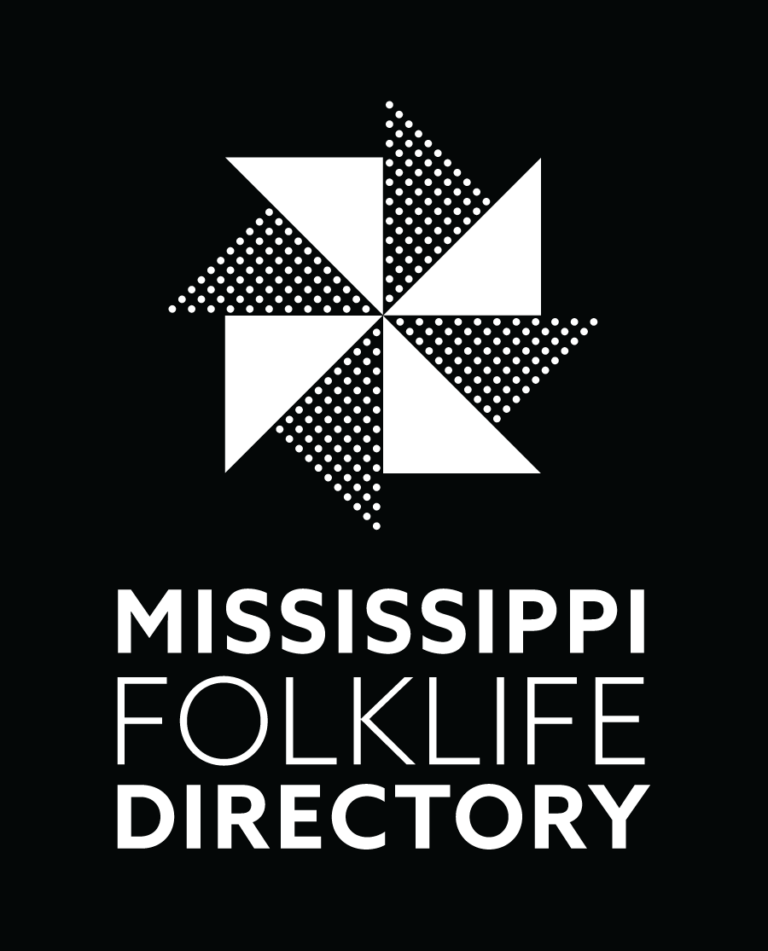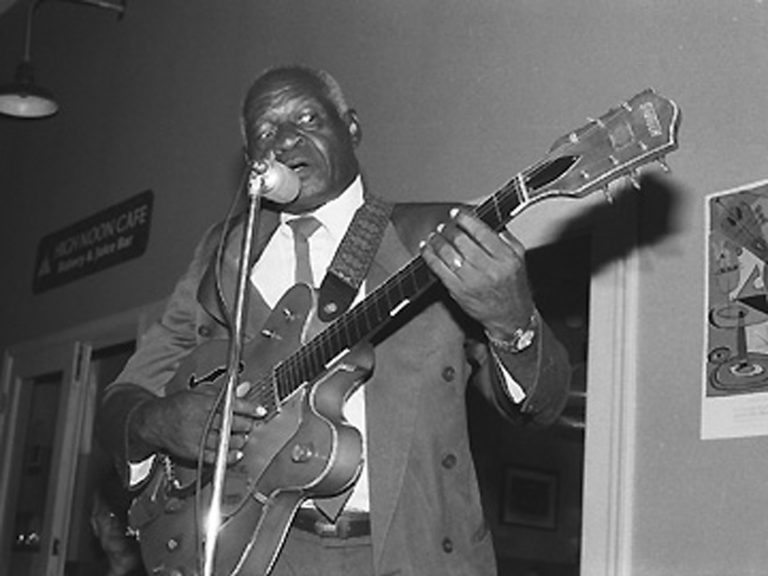Johnnie Billington was born in 1935 in Crowder, Mississippi, a small community on the Quitman/Panola county line. His father was a sharecropper and he grew up working on the farm. He first became interested in music through listening to the legendary blues show, King Biscuit Time, which was broadcast from nearby Helena, Arkansas. Billington’s father bought him a guitar when he was ten years old and he began teaching himself the instrument by playing along with the King Biscuit performers. By the age of thirteen, he was playing in clubs throughout the Delta with a Clarksdale-based group.
In the early 1950s, the other members of the band migrated to cities in the north. Billington left in 1954, first moving to Arizona, then settling in Chicago in 1959. There he reunited with his Mississippi bandmates and they began playing local clubs. Sometimes they were able to jam with some of the legendary Chicago bluesmen (and fellow Mississippi natives) such as Muddy Waters, Elmore James, and Earl Hooker. During the day Billington worked at several different automotive plants and eventually opened his own automotive repair shop, Johnnie’s Sunoco, in Robbins, Illinois.
Billington returned to Mississippi in 1977 to be close to his aging mother and the rest of his family. He settled in Clarksdale and continued automotive repair work in the day. However, seeing that many of the children in the neighborhood had few opportunities, he began opening his repair shop at night and using it as a rehearsal space to teach them how to play blues music. He was able to expand his teaching efforts through grants from the Mississippi Arts Commission and in the early 1990s established the Delta Blues Education Fund, a non-profit organization that offers a free year-long blues music instruction program to Delta youth.
In his DBEF program, Billington worked with the students as a group, forming them into bands and teaching them the blues repertoire and how to play together. In addition to the musical instruction, he stressed the importance of professionalism by requiring his students to be prompt, maintain good conduct during rehearsals, and have a neat appearance. He also provided them with information about the history of blues in the Mississippi Delta. Billington worked with many children not involved in the DBEF program through residency programs held at schools and community centers. While most of his residencies take place within Mississippi, he also conducted them in Florida and at Harvard University.
Billington also provided his students opportunities to perform in public. He utilized several of his more advanced students as his back-up musicians in his group, J.B. and the Midnighters. The group performed in a variety of venues throughout the region, including blues and community festivals, schools, and community centers. Many of his former students have gone on to work as leaders and sidemen in professional blues groups that play throughout the Delta and internationally.
Johnnie Billington received several honors for his work in educating Delta youth, including The Blues Foundation’s “Keeping the Blues Alive” Education Award, the Sunflower River Blues Association’s Early Wright Award (for preservation of the blues), the Mississippi Arts Commission’s Folk Arts Fellowship, and the Artist Achievement Award from the Governor’s Awards for Excellence in the Arts (1999). Billington also served as a master artist in the Arts Commission’s Folk Arts Apprenticeship Program and was featured in River of Song, the 1999 PBS television series focusing on music along the Mississippi River.
Billington died on April 1, 2013.
See Also:
The Delta Blues Education Program, Billington’s music education program.

